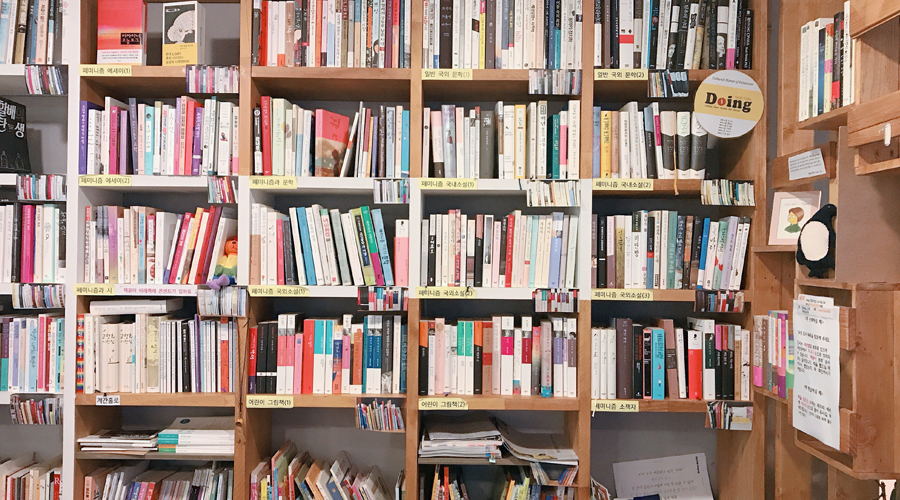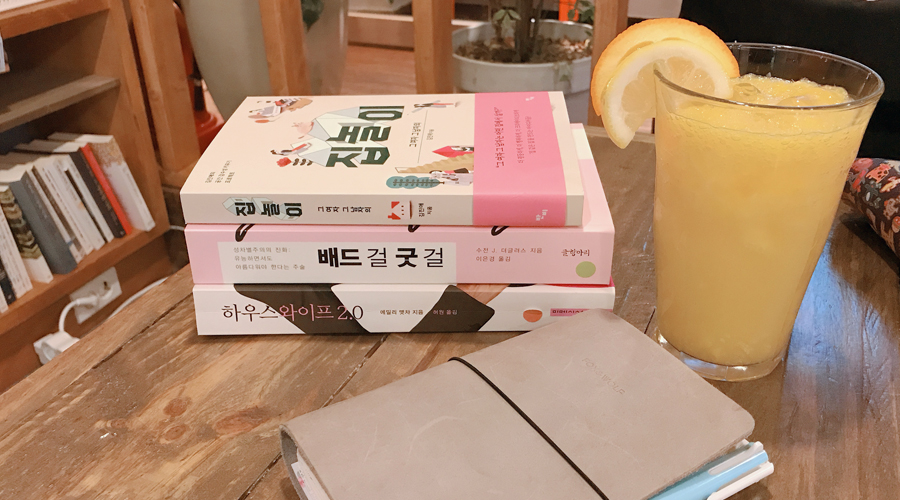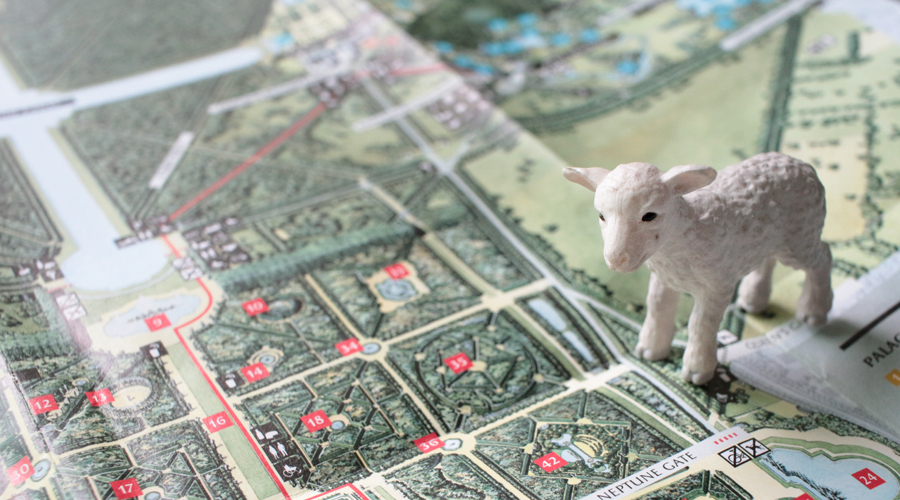
A good friend of mine is currently teaching a Feminist English class at a book cafe in Seoul called Doing. She invited me one weekend to come visit the cafe and I was excited to see her teach and explore a new book cafe! For the longest time, I had hesitated to call myself a Feminist because of the more severe forms of Feminism and the negative social stigma surrounding it. Plus, I had never really taken any classes about Feminism, so I only had a very vague notion of what Feminism was.
The moment that I realized that gender equality still had a long way to go was when I read Sheryl Sandberg’s Lean In a few years back. But even then, I didn’t really consider myself a feminist. It wasn’t until the end of October in 2017 that I decided that I had put off learning about Feminism far too long, and decided to figure out what it was and where I stood with it. So I started reading The Feminine Mystique and came to the conclusion that I was in fact a Feminist. Not because I hate men, but because I believe in equal rights and because I have come to see the misogyny that is still strongly embedded in our culture.
More recently, my friend lent me a Korean book called 82년생 김지영 (Kim Ji Young born 1982), which has been on the best sellers list for months now. Kim Ji Young is the most common girls name for girls that were born in 1982, and the book basically goes through one episode after another of all the different ways women have experienced gender inequality through the eyes of Kim Ji Young. This includes ways in which she was treated differently from a male sibling, to the mysogynistic statements made by male peers and colleagues, and being called a mom-choong (mom-parasite), a derogatory term labeling mothers as parasites that spend all their husband’s hard earned money.
This book, along with the Me-Too movement, has brought to attention the amount of mysogyny that is embedded in Korean culture. It was an alarming wake up call to read all the different episodes of discrimination in one book. It’s not that it’s uncommon to see or hear about an episode of discrimination every now and then, it’s that it happens often enough to where we’re aware about it, but spread out enough to move on with our lives while building a bit more tolerance towards it. But seeing all the different ways women are discriminated against in one book, made me realize how tolerance has allowed this sort of discrimination to continue on, well into the 21st century.

Naturally, learning more about feminism and the mysogyny that runs rampant in society, I’ve come to question how my identity and role will change once I get married come July. Fortunately, my fiancé firmly believes in equal partnership and doesn’t believe in traditional gender roles. He doesn’t expect me to do all the dishes and laundry simply because I am a woman. However, having read many articles, statistics, and personal experiences on how the housework usually ends up on the woman’s plate, I couldn’t help but feeling a dread that I would inevitably become a housewife. After all, I’m leaving the city behind to move to the countryside, and how far will my English Education degree take me when I’m moving to an area where everyone already speaks fluent, native English? So it’s been a time of self-introspection, and my visit to the Feminist book cafe Doing couldn’t have been more well timed. They had an entire wall filled with books on every Feminist topic you could think of, organized by different themes.
I picked out three books from the shelves, that totally reflected the whirlpool going on inside my mind. Housewife 2.0 (titled Homeward Bound on Amazon) by Emily Matcha , Bad Girl Good Girl by Susan J. Douglas, and Houseplay by Kim Jinae. Because you can’t actually rent books from the cafe (it’s not a library), I ended up buying the e-book Homeward Bound on Amazon. To be honest, I don’t like how the book is laid out because it’s very repetitive and doesn’t feel very well organized. However, it does bring up a lot of different ideas regarding housework and motherhood from various different views. For example, the book talks about how many women decided to start their own business from home by opening Etsy shops. At first it seemed like the book was making Etsy out as a solution to all our problems, but then it took a quick turn and discussed all the Etsy stores that obviously weren’t getting any sales and the frustrations behind them. It also discussed how some women had to turn their lives into a sweatshop and were spending day and night laboring over their craft to keep up with the number of sales; an unforeseen side effect to pricing products at an unsustainably low price. So the book does a pretty good job on showing both the good and the bad, and doesn’t try to make things out for more than what they really are.
I’m really glad that I found some books for thought while visiting the Doing cafe. It’s been helpful to read about all these different experiences women go through, and know that I’m not the only one that feels a bit lost as I navigate through this engagement and marriage process. Once I finish these books I’d like to go back and see what kind of other books catch my eye, as I feel like this time all my books were geared towards a very specific topic. Plus, they had a wonderful squeezed orange juice full of pulp, just the way I like it. They even had glasses for cold drinks, which is rarer than you would think in Seoul cafes.
Your Turn ♥ What are your thoughts on Feminism? Have you ever considered yourself to be a Feminist?




